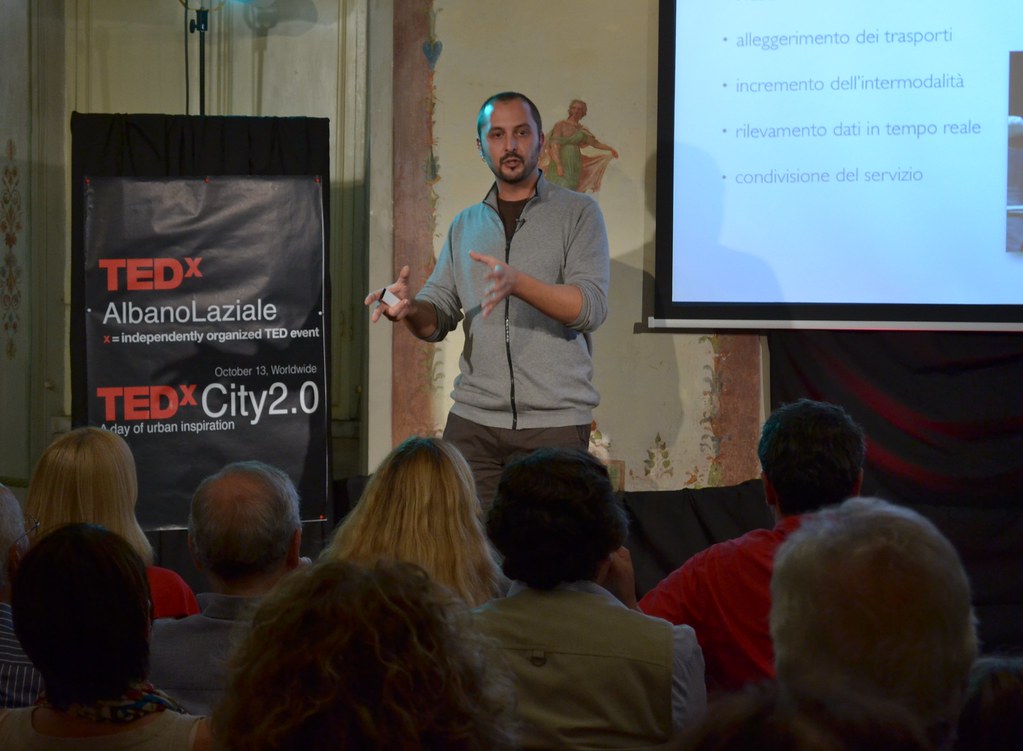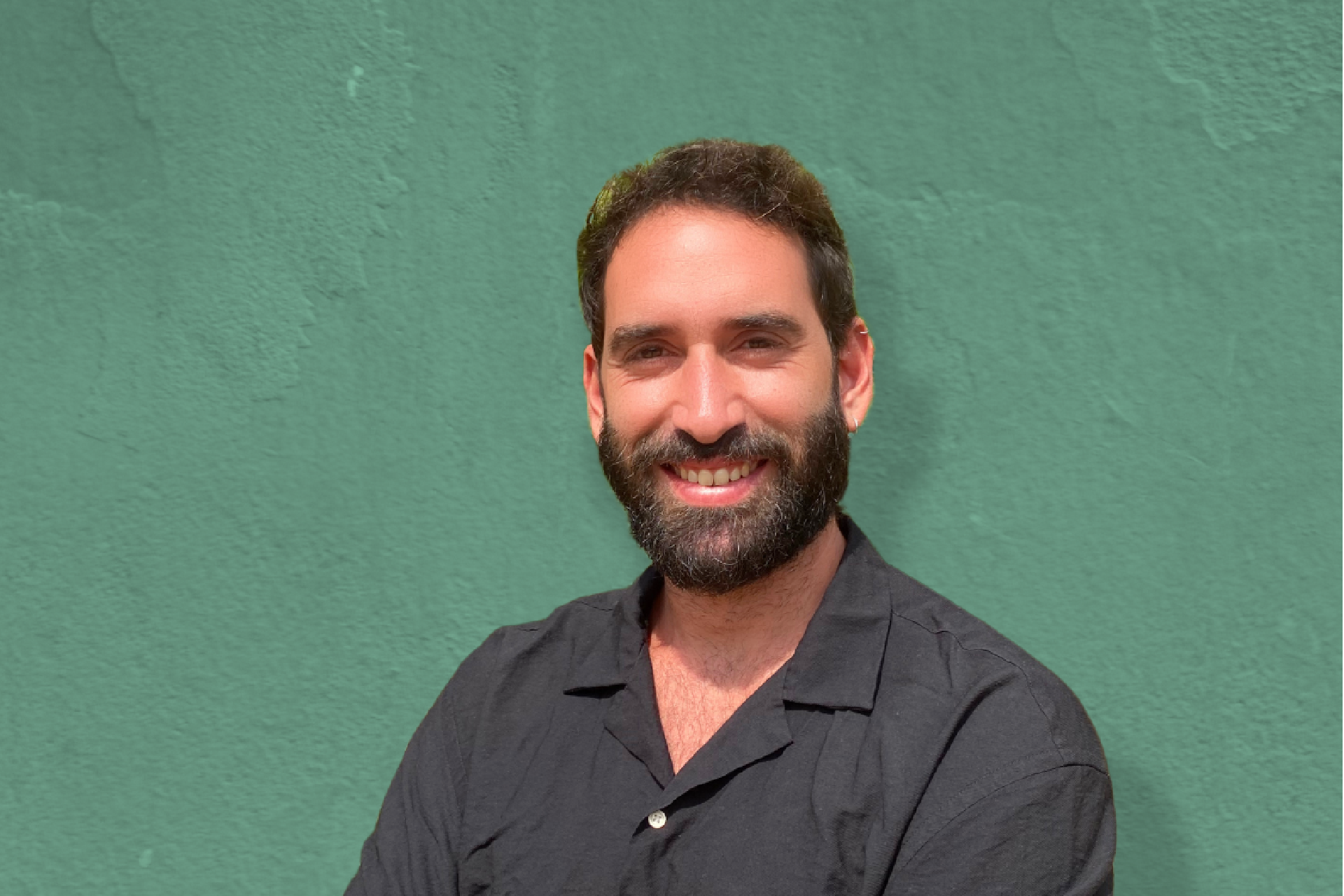
Green Success Stories sat down with Ascanio Vitale, founder of Stop CO2, to discuss his vision for a sustainable future.
Tell us a little bit about you and your background:
I have a double academic background in engineering (aerospace and electronic) and a deep environmentalist motivation that has driven my personal history: from adolescence throughout my studies and professional career. It has been more than 20 years that I have been working professionally on environmental sustainability and clean energy. I started my career working for many environmental NGOs.
I have directed the Italian Climate and Energy campaign for Greenpeace and WWF and am the author of two publications for the European Commission on the energy system of the Union. In 2006, I founded Stop CO2, a technical and strategic consulting company on energy efficiency and environmental sustainability. We assist individuals and companies in the process of continual improvement, designing highly innovative and energy-efficient buildings and planning and implementing corporate sustainability strategies: from zero waste policies to environmental and energy management systems, through plastic-free solutions, environmental certifications and paths toward net-zero carbon operations.
In 2014, I co-founded Flyzen, which developed one of the most advanced carbon footprint platforms for commercial aviation, awarded in 2017 with the Seal of Excellence by the European Union and listed in the World Alliance for Efficient Solutions by the Solar Impulse Foundation. I have also been a board member of Population Matters, an international charity focused on sustainable population.
What is a fun fact about you?
I have literally grown up as an activist. I collected my first award for my environmentalist commitment when I was 10 years old, earlier than Greta Thunberg! I have been the leader of the largest group of activists in Greenpeace in Italy and spent eleven years participating in non-violent actions in Europe, Asia and the USA. I still bear the marks of 26 arrests in 12 different countries, but they were unforgettable moments. I participated in many of the most important direct actions of Greenpeace in its history. Some have led to achievements and successes for my country and the international community. My friends and colleagues know my stubbornness in never wanting to let go like a hound when pursuing a goal. My only real weakness is animals, especially cats.
Why do you think climate change and sustainability is such an important topic today?
I have always thought that sustainability should be the fundamental basis of a country’s social and economic behaviour. We all must do our bit, regardless of the job we do. Overpopulation and climate change are the biggest threats to humanity: there is no time to waste, no action to neglect. In 2009, I directed the design of the first nearly-zero-energy building in Italy. In 2017, I anticipated the alarm on plastic and developed the first fully plastic-free and organic food & drink company in Europe for a client. My multidisciplinary knowledge of the subject allows me to adopt a holistic approach to projects, exploiting the synergies between technologies and policies. Environmental sustainability can and must be combined with economic sustainability to build a way where the creation of jobs and wealth improves the environment and society itself. The circularisation of productive sectors not only reduces corporate costs but improves the quality of life for all. It saves on social and economic impacts and helps restore biodiversity and climatic balance with the planet. The new generations are well aware of this. Their spending choices are influencing even the most reticent companies.
What do you envision your industry looking like 10 years from now?
As much as it has been told regularly in the past, the next ten years will be truly decisive. The acceleration of the transition to electrification and renewable generation and the circularisation of the economy has finally reached the critical threshold. The alarms of the scientific world and the demands of the public have, so far, influenced the most visionary entrepreneurs and politicians. However, it was necessary to demonstrate how to combine profit with environmental sustainability. Today, regenerative businesses cost less than extractive ones. CEOs of companies of all sizes have understood this. Those who procrastinate their transformation are destined to gradually renounce their space on the market, hampered by stringent climatic policies and the dynamics of a market that asks for a definitive change.
What can the average person do to make a difference?
In 2009, I held a TEDx talk on the role of the individual in sustainability scenarios. I have never been one of those who expects the change to passively involve me, perhaps imposed by politics or my surrounding community. Nor do I believe that the singular – albeit instrumental – consumer influence can bring about the necessary change. In my opinion, the contributions of all three players are needed in this transition: the political world, the business world and grassroots participation.
Each of us can and must contribute, not only individually by creating smaller families and reducing their consumption, but also by exerting pressure on politicians and within the workplace. Environmental sustainability must become part of our life from an early age: from family to education, and become the underlying motive for every personal choice. “Be the change you want to see in the world” is a founding ethical imperative.




